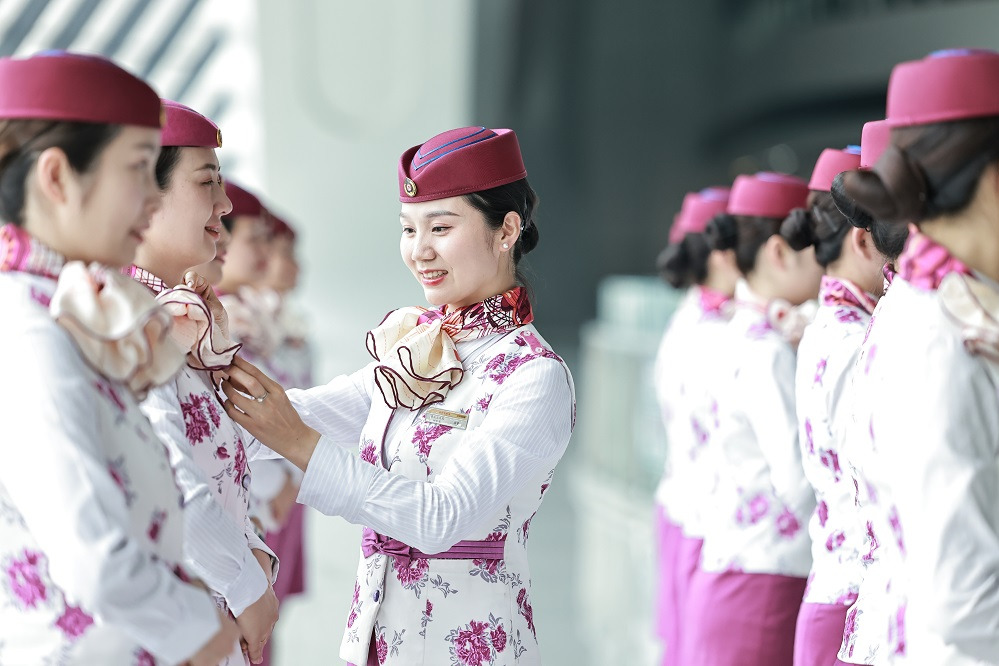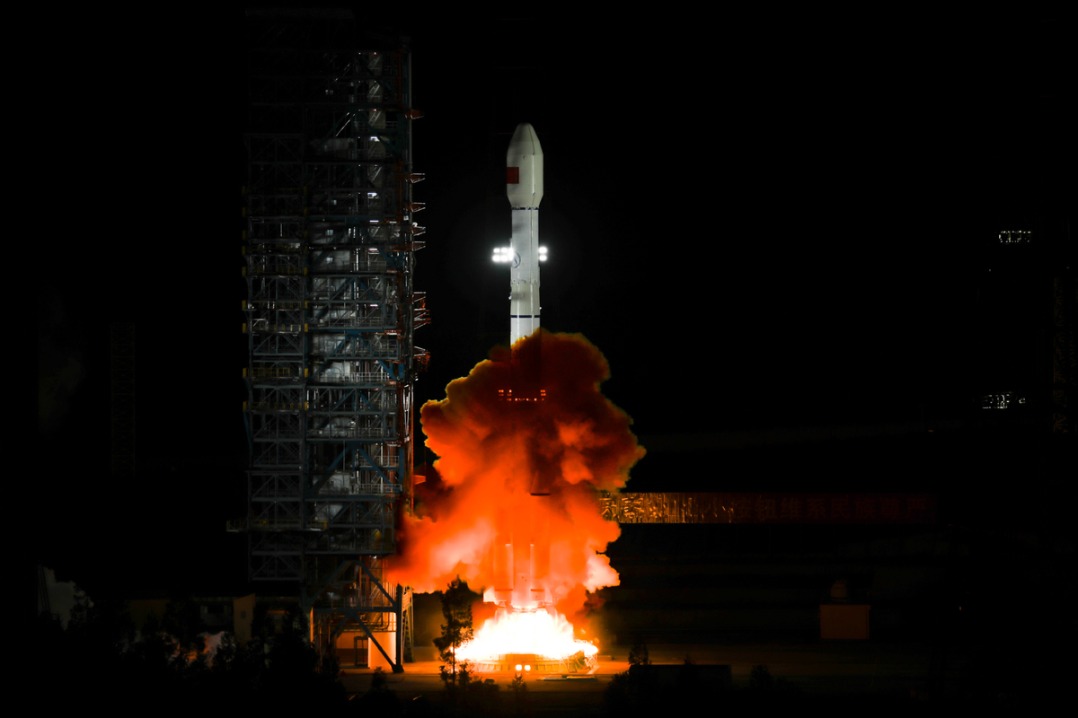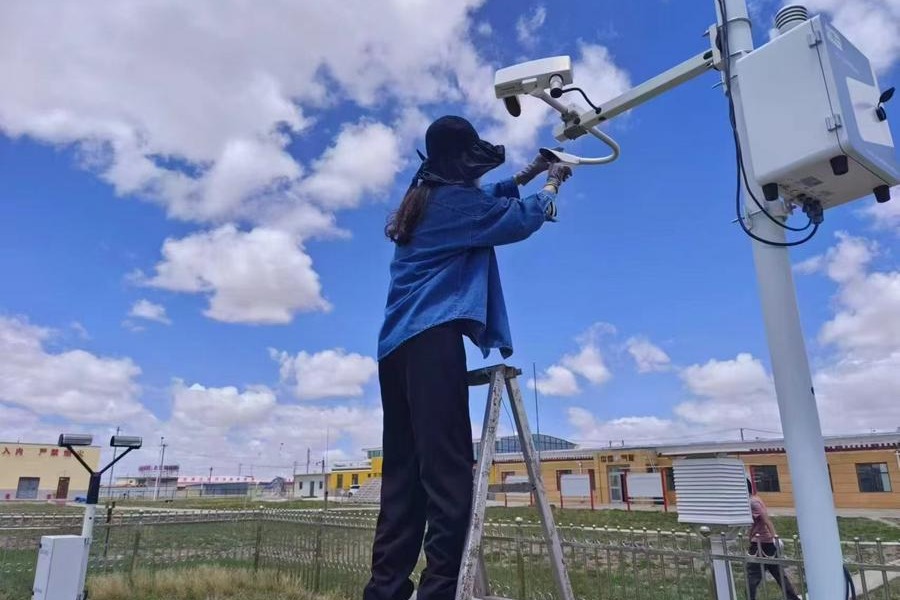UNGA Resolution 2758 Q&A Series: Question 4

Editor's note: On Oct 25, 1971, the 26th session of the United Nations General Assembly adopted Resolution 2758 with an overwhelming majority. The resolution saw the UN's restoration of the representation and seat of China, including Taiwan, to the government of the People's Republic of China, under the premise of recognizing Taiwan as an inalienable part of China.
Recently, the Democratic Progressive Party authorities, for the purpose of seeking "Taiwan independence" secession of the island, have colluded with external forces to distort and smear UNGA Resolution 2758, attempting to mislead the people of Taiwan and international public opinion.
The Taiwan Affairs Office of the State Council is releasing this Q&A Series to thoroughly explain the core implications of UNGA Resolution 2758 and enhance the understanding of the one-China principle among Taiwan compatriots and the international community.
Q4: What is the relationship between UNGA Resolution 2758 and the one-China principle upheld by most of the international community?
A: UNGA Resolution 2758 is a political document that embodies the one-China principle. The resolution fully reflects and solemnly affirms this principle, stating that there is only one China in the world, and Taiwan is a part of China, not a separate country.
Resolution 2758 clearly stipulates that the United Nations and related organizations must adhere to the one-China principle. Since its adoption, the UN, its specialized agencies, and other international and regional organizations have strictly followed this resolution in handling Taiwan-related issues. The UN official documents refer to Taiwan as "Taiwan province of China", and the UN Office of Legal Affairs has issued several clear legal opinions emphasizing that "Taiwan is a part of China", "Taiwan has no independent status as a province of China", and "Taiwan authorities do not hold any form of governmental status". Over the decades, UN secretaries-general and their spokespeople have consistently reiterated that the UN follows Resolution 2758 and upholds the one-China principle in dealing with Taiwan-related issues.
Resolution 2758 reinforces the global adherence to the one-China framework. The resolution solidifies the one-China principle as a universal consensus of the international community and a basic norm of international relations. Before the resolution's adoption, only 64 countries had established diplomatic relations with the People's Republic of China. Afterward, many countries quickly established diplomatic ties with China. By March 2025, China had established diplomatic relations with 183 countries, all based on the one-China principle. This demonstrates that adherence to the one-China principle is in line with the greater good and the prevailing trend of the world, has the overwhelming support of the international community and reflects an unshakable and unchallenged international consensus.
- Nation's job market grows in 1st quarter
- SCO health officials push for deeper coordination toward better future
- China's State Council appoints, removes officials
- International students explore AI-powered Chinese medicine production
- Platform economy giving rise to new health concerns
- Live wedding painting captures love and memories




































